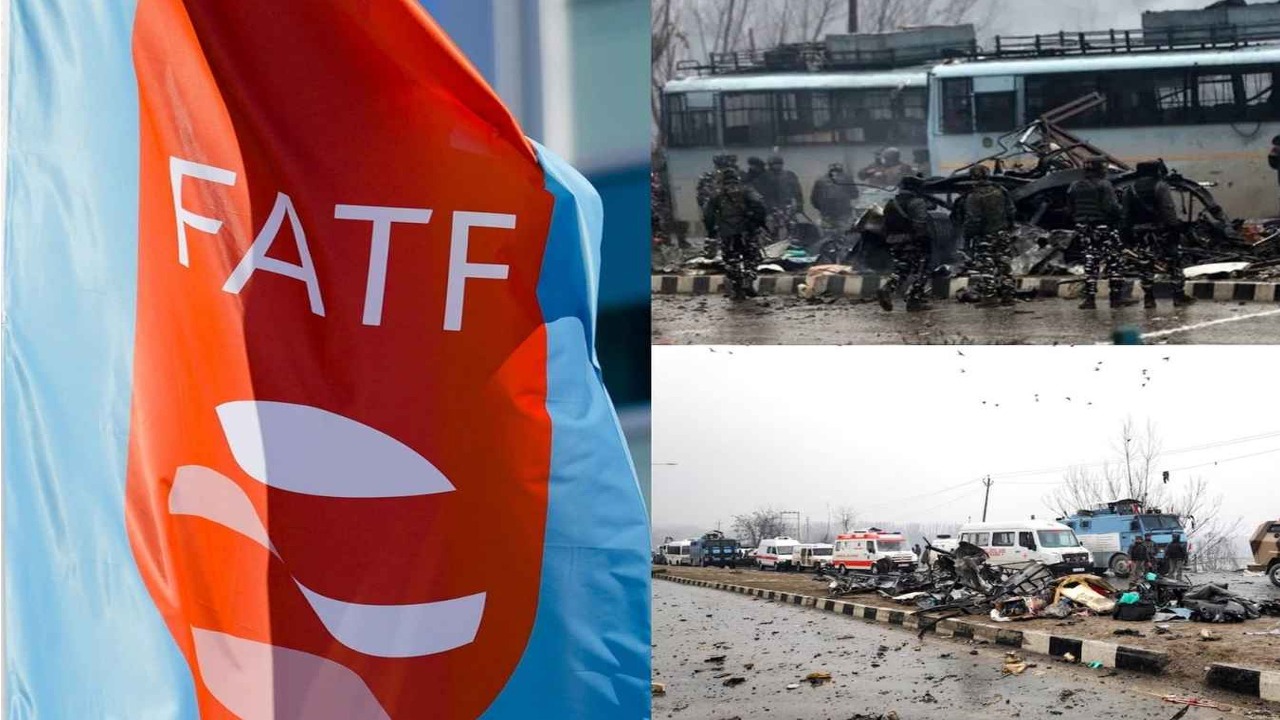
By Sulagna Halder
New Delhi, 9 July 2025:
Financial Action Task Force (FATF), a watchdog outfit in the world, has blown a whistle warning over how even terrorist organisations resort to the use of contemporary digital tools (e-commerce product websites, online wallets and VPNs) to make purchase of explosives, and conduction of money. In its most recent report, FATF reported distressing case austerities in India: aluminium powder, which can be utilised in the production of improvised explosive devices (IEDs), was ordered online through Amazon, and the terrific use of more than 6 lakh in PayPal was sent as terror financing.
FATF mentioned the Pulwama attack of February 2019, where 40 CRPF officers were killed and the attack was attributed to Jaish‑e‑Mohammed. The analysts discovered that one of the components of the bomb was purchased on the Amazon web site using the EPOM portal. Likewise, during the 2022 Gorakhnath Temple attack, the funds amounting to about 6.69 lakhs are used to transfer to overseas using PayPal through various international transactions and VPN services. In due course PayPal blocked the account.
The anonymity, cross border capabilities and poor vetting of such digital platforms are utilised more and more by terrorists, as a FATF statement warned. It said E-commerce sites and online payment mechanisms were being used to fund terrorists and stressed that using everyday digital transactions to conceal illicit dealings was simple.
India is a watchdog FATF member; the country was lauded in its anti
money laundering efforts. But the organisation warned that too much remains to be done especially in the prosecutions of the small value digital transfers, virtual asset service providers and also ensuring adherence among the non bank platforms. Testimonies Investigation Report recommended that the red flag frameworks for online marketplaces and digital currency should be more vigilant to study suspicious activity.
The Directorate of Enforcement in India and Financial intelligence unit have since increased examination of online transactions. The law enforcement agencies are tracking suspicious e-wallets, e-commerce orders, and VPN payments, and this is consistent with the view of FATF that requires real time tracking of digital platforms.
According to specialists, it is a big step towards illegal methods when the criminal color terrorism financing using legal grounds. Worried that terrorists are only required to be successful once, FATF President Elisa de Anda Madrazo has recently cautioned that the onus is on governments to prevent them at all times.
Since it seems like terrorists are quick to use global fintech, regulators should make sure that digital innovations do not overtake safety. The report released by the FATF, particularly its emphasis on tech facilitated procurement and financing, adds more impetus to the demands of increasing stringency of compliance mechanisms throughout the entire process, including e-commerce purchase processes and peer to peer payment channels. The reaction of India may serve as a guideline to counter terrorist financing worldwide.